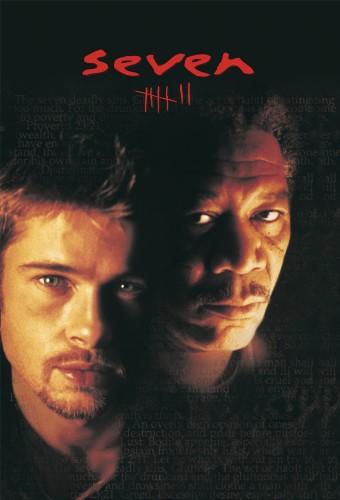

Belle Époque
Comedy, Drama
The year is 1931. Spain is politically divided between Second Spanish Republic and Traditionalists and on the verge of the Spanish Second Republic. Fernando, a young soldier, deserts. He befriends Manolo, an old man with a large house in the country. Fernando meets and is enchanted by Manolo's four daughters. As he meets each of the first three one by one, he falls in love and has sex with each of them, determining to marry but with each one a complication arises: Clara, a widow who only recently lost her husband and who seeks solace with Fernando; Violeta, a lesbian who is only attracted to Fernando when he is dressed as a woman for a costume ball and Rocío, a social climber who is about to marry into a royalist family for the security it would provide and who only momentarily succumbs to Fernando's charms. Heartbroken each time, the father of the girls encourages him to have patience. Each of the daughters is beautiful and represents a different aspect of feminine sexuality. The youngest of the family, Luz, represents naïveté. While Fernando is pursuing her sisters, Luz gets progressively angry and jealous but eventually Fernando realizes that she is the best one of the four to marry.
The year is 1931. Spain is politically divided between Second Spanish Republic and Traditionalists and on the verge of the Spanish Second Republic. Fernando, a young soldier, deserts. He befriends Manolo, an old man with a large house in the country. Fernando meets and is enchanted by Manolo's four daughters. As he meets each of the first three one by one, he falls in love and has sex with each of them, determining to marry but with each one a complication arises: Clara, a widow who only recently lost her husband and who seeks solace with Fernando; Violeta, a lesbian who is only attracted to Fernando when he is dressed as a woman for a costume ball and Rocío, a social climber who is about to marry into a royalist family for the security it would provide and who only momentarily succumbs to Fernando's charms. Heartbroken each time, the father of the girls encourages him to have patience. Each of the daughters is beautiful and represents a different aspect of feminine sexuality. The youngest of the family, Luz, represents naïveté. While Fernando is pursuing her sisters, Luz gets progressively angry and jealous but eventually Fernando realizes that she is the best one of the four to marry.
People also watched
Loading comments...
























